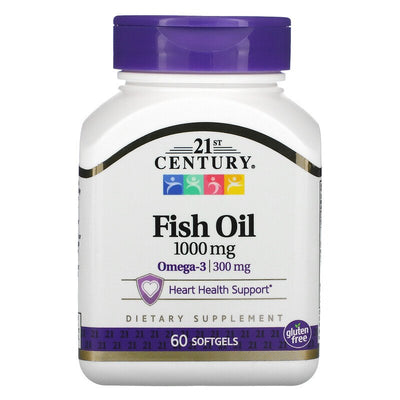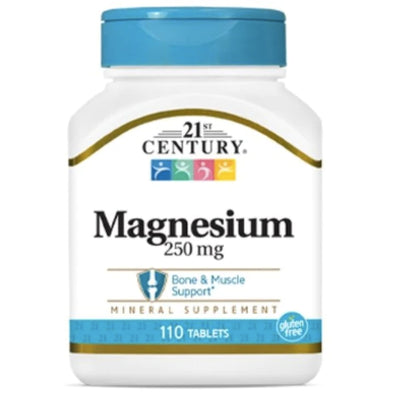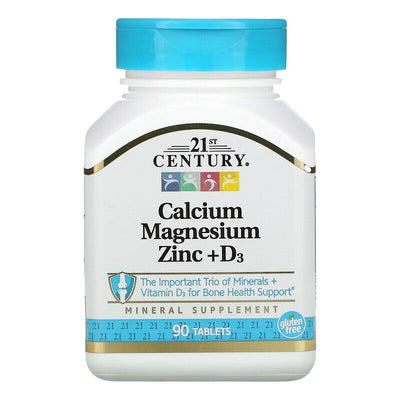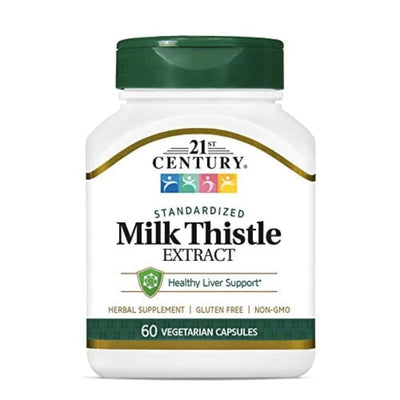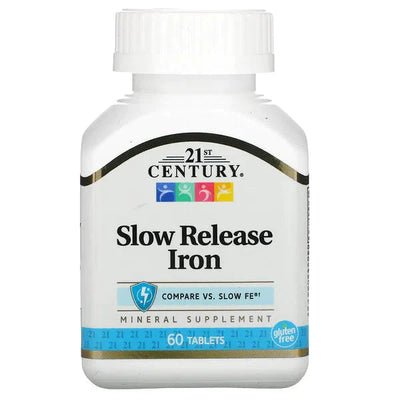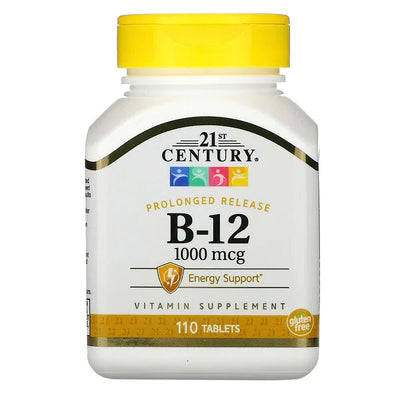
Protein 101: Understanding the Basics of This Essential Nutrient
What is Protein?
Protein is a macronutrient made up of amino acids, the building blocks of all cells in the human body. There are twenty different amino acids, and the sequence in which they are arranged determines the structure and function of each protein. While some amino acids can be produced by the body, nine are considered essential, meaning they must be obtained through the diet.
Functions of Protein
- Muscle Growth and Repair: Protein is essential for muscle repair and growth, making it particularly important for athletes and those engaging in regular physical activity.
- Hormone Production: Many hormones are proteins, playing critical roles in regulating bodily processes.
- Enzyme Functions: Proteins are necessary for the creation of enzymes that facilitate countless chemical reactions within the body.
- Immune Health: Proteins help form antibodies to fight infection, supporting the immune system.
Types of Protein
Proteins can be categorized based on their source:
- Animal-Based Proteins: These include meat, fish, poultry, dairy, and eggs. They are complete proteins, meaning they contain all nine essential amino acids in sufficient amounts.
- Plant-Based Proteins: Sources include legumes, nuts, seeds, and grains. Most plant proteins are incomplete, lacking one or more essential amino acids, but they can be combined to form complete proteins.
How Much Protein Do You Need?
Protein needs vary depending on age, sex, physical activity level, and health goals. The general guideline for adults is 0.8 grams of protein per kilogram of body weight per day. However, needs can increase based on factors like muscle mass, physical activity, and recovery needs.
- Athletes: May need 1.2 to 2.0 grams per kilogram of body weight, depending on their training regimen.
- Weight Management: Higher protein intake can promote satiety and help in managing body weight.
Protein Quality
The quality of protein is determined by its amino acid profile and digestibility:
- High-Quality Proteins: Generally, animal-based proteins have higher biological values, meaning they are more efficiently used by the body.
- Supplements: Whey protein, available at Supps247, is a high-quality, fast-digesting protein perfect for post-workout recovery.
Using Protein Supplements
Protein supplements can be a convenient way to meet your daily protein requirements, especially when time or dietary preferences make it challenging to consume enough protein through food alone.
- When to Take Protein: Post-exercise is ideal to promote muscle recovery. However, integrating protein evenly throughout the day can help maintain a positive protein balance.
- Choosing the Right Supplement: Consider your dietary preferences, allergies, and specific health goals. Supps247 offers a range of protein supplements including whey, casein, and plant-based options.
Conclusion
Protein is an essential nutrient that plays a key role in various bodily functions, from building muscle to supporting immune health. Understanding your protein needs and how to meet them through diet and supplements can significantly impact your health and fitness outcomes. For those looking to supplement their protein intake, Supps247 provides a wide selection of high-quality protein products that can help meet your nutritional requirements effectively and conveniently. As always, consider consulting with a healthcare provider or a nutritionist to tailor your protein intake to your specific needs and health conditions.








